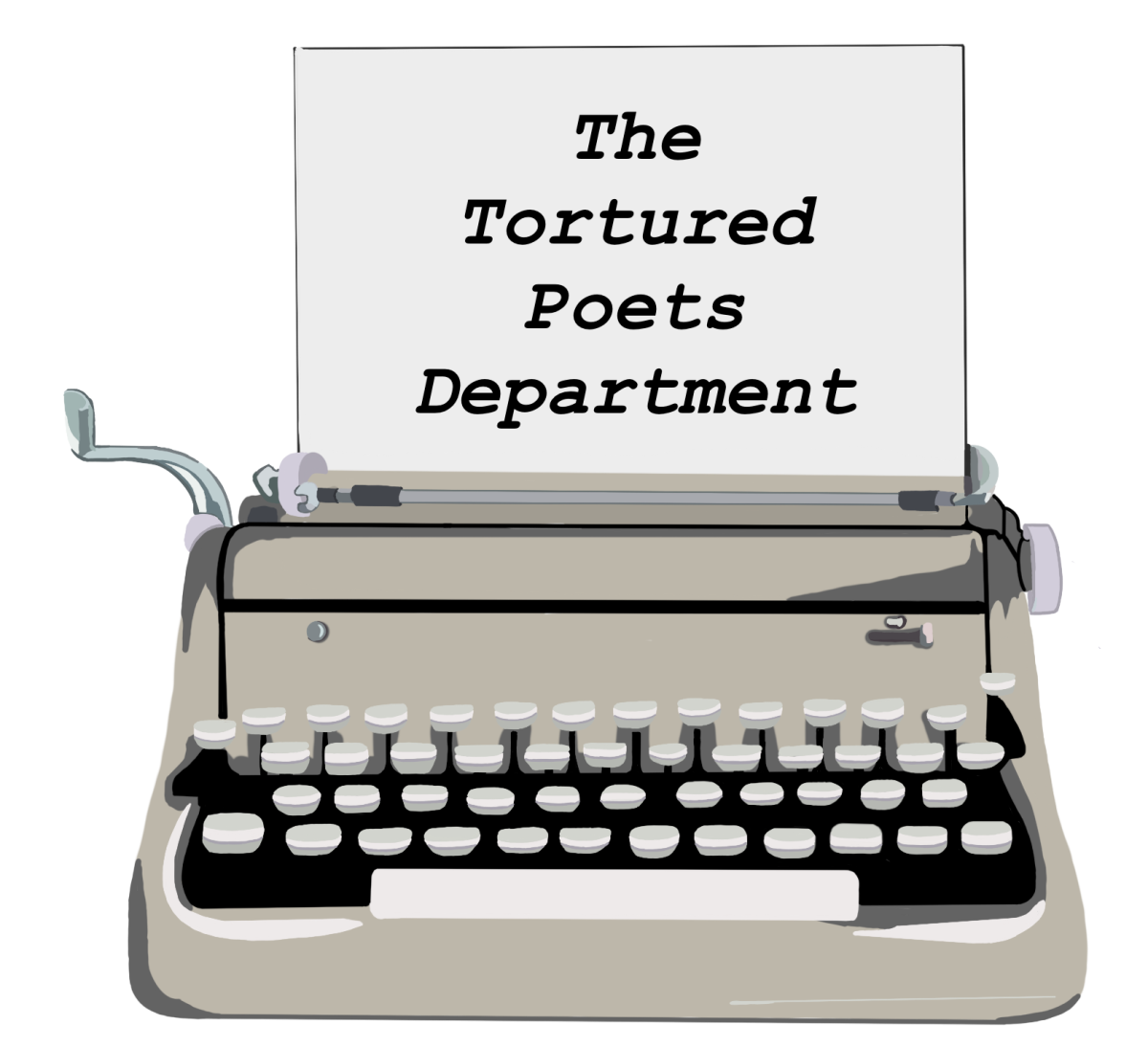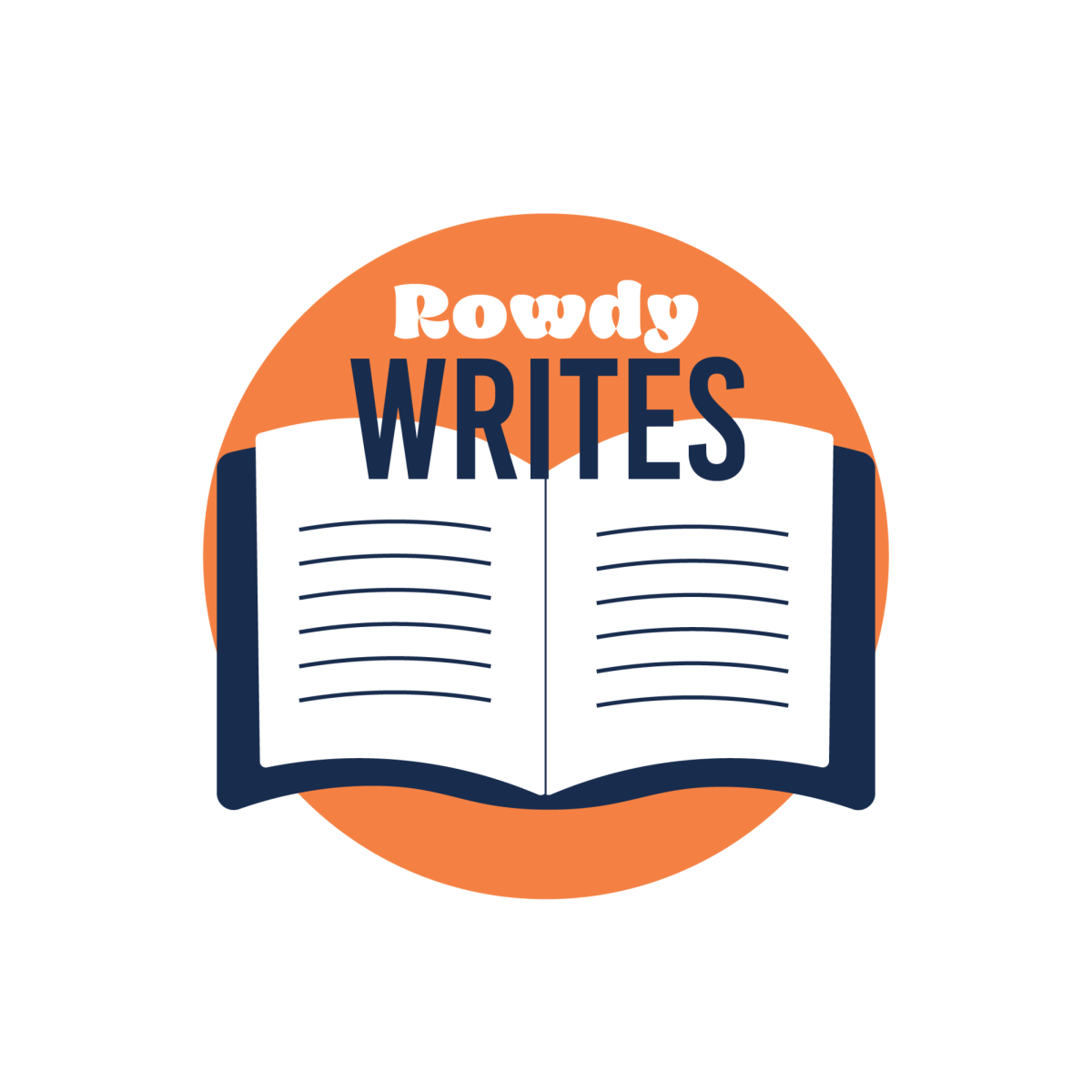The 25th annual Brackenridge Distinguished Visiting Lecture Series, presented by the UTSA Department of English featured the renowned poet and novelist Jay Parini on Feb. 1 through 3.
Parini’s many works have gained him national acclamation. His novel, “The Last Station” was adapted into a film in 2009 starring actors Christopher Plummer (“The Girl with the Dragon Tattoo,” “The Sound of Music”) and Helen Mirren (“The Debt,” “The Queen”). This dramatic romance depicts a scene right out of Russian history with Parini’s own fictionalized spice sprinkled in.
Parini’s other achievements include a long list of literary criticism. In a mini lecture Parini presented this past Friday, Feb 3 to a Modern Fiction class here on campus, he revealed that he particularly favored feminist criticism. Parini expressed his strong support for equal treatment for women, encouraging students to “Burn [their] bras” to express their distaste.
Apart from his fiction and literary criticism, Parini is the D.E. Axinn Professor of English and Creative Writing at Middlebury College and he also conducts lectures and literary courses around the country.
He taught one particular course alongside Tim O’Brien author of “The Things They Carried.” In fact, at the beginning of one particular class O’Brien arrived looking especially disheveled and insisted upon reading a piece he’d written the night before. He then proceeded to read from the crinkled pages clutched in his hands the very first copy of “How to Tell a True War Story,” an especially famous chapter from O’Brien’s “The Things They Carried.”
Upon finishing what was a very emotional reading, O’Brien, the students and Parini sat in silent awe of the story. After recapping this story Parini stated that very silence made him realize why literature is important, why it matters.
His third and final lecture based on his recently published book, “Why Poetry Matters,” was held on Feb. 3.
Parini began his lecture with a story of a San Antonio teacher who approached him after his lecture two nights before.
“Just today,” he quoted her, “we were called together and told by the department that from now on, we must never teach books…I’m actually quitting. This is it, I quit. We were told we could never teach a book again.”
This anecdote was the foundation from which he built the rest of lecture. The importance of literature was no longer relevant to today’s students, or even to the school system. The principal of that school, Parini said, had decided that students couldn’t retain entire books, so why teach them at all?
“We are in a brave new world,” Parini said, “and it’s not very brave.”
Parini had lived his life for books, and he didn’t feel that we, as a society, could ever live without them.
“I wrote this book ‘Why Poetry Matters’ because I found that without poetry, my life would be infinitely poorer” said Parini, suggesting that students risked living a life without the joys of poetry and literature.
The lecture moved onto Parini’s life in Vermont and his admiration for America’s treasured poet, Robert Frost. Parini described how his life in Vermont was like living in a Robert Frost poem: from frozen birch trees “bending left to right” outside his window to paths crossing in front of him in the woods.
From Robert Frost, Parini segued into a story of how a bunch of drunk teenagers once broke into Robert Frost’s farmhouse and destroyed much of the inside. The local Vermont police caught the group a few days later and charged them with destruction of historic property and a long list of other charges.
On the day of the sentencing, the judge called Parini and asked if he could give the teenagers a choice of going to jail for fifty years or taking a course on Robert Frost’s poetry with Parini.
“Ah,” Parini said with a wicked grin, “poetic justice.” Over the course of their three week sentence, Parini was able to make a large impression on the delinquents on the significance of the written word.
Throughout the lecture, Parini marvelously told many other stories from his life— such as his phone argument with Laura Bush about a certain unflattering poem he had written about the then-President Bush (entitled “The President Alone”) in response to an invitation to the White House. Parini highlighted how poetry shaped his life, and how poetry can reveal the truth about the world and about oneself.
Does all poetry matter though?
“Certainly all poetry matters to the person who writes it,” Parini said. “The most inexperienced freshman is doing the same work that Shakespeare did: he’s staring at the blank page and trying to decide what matters, what is essential, and he’s trying to find the language that’s going to have meaning. He’s trying to clarify his own understanding of life.”











